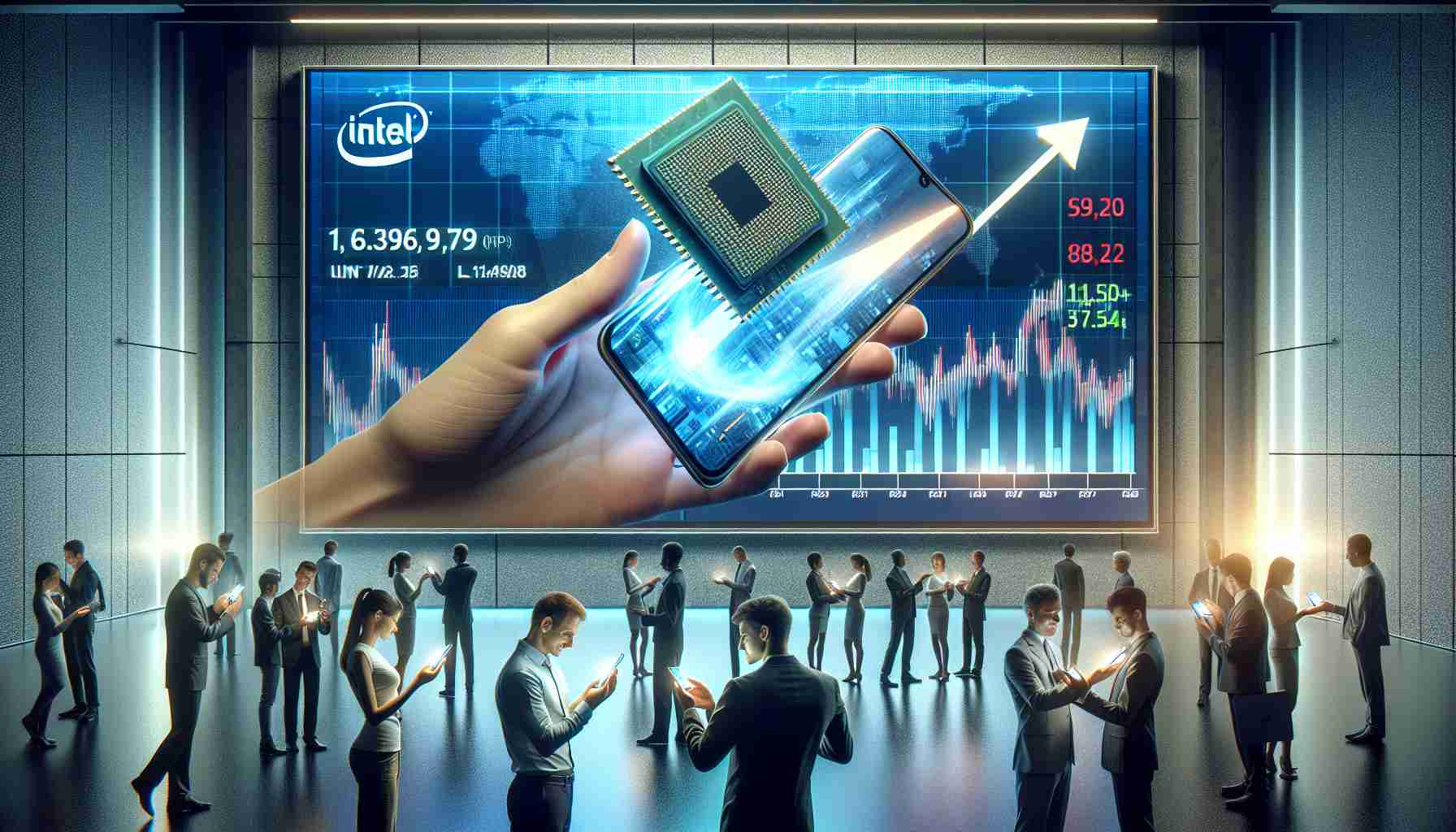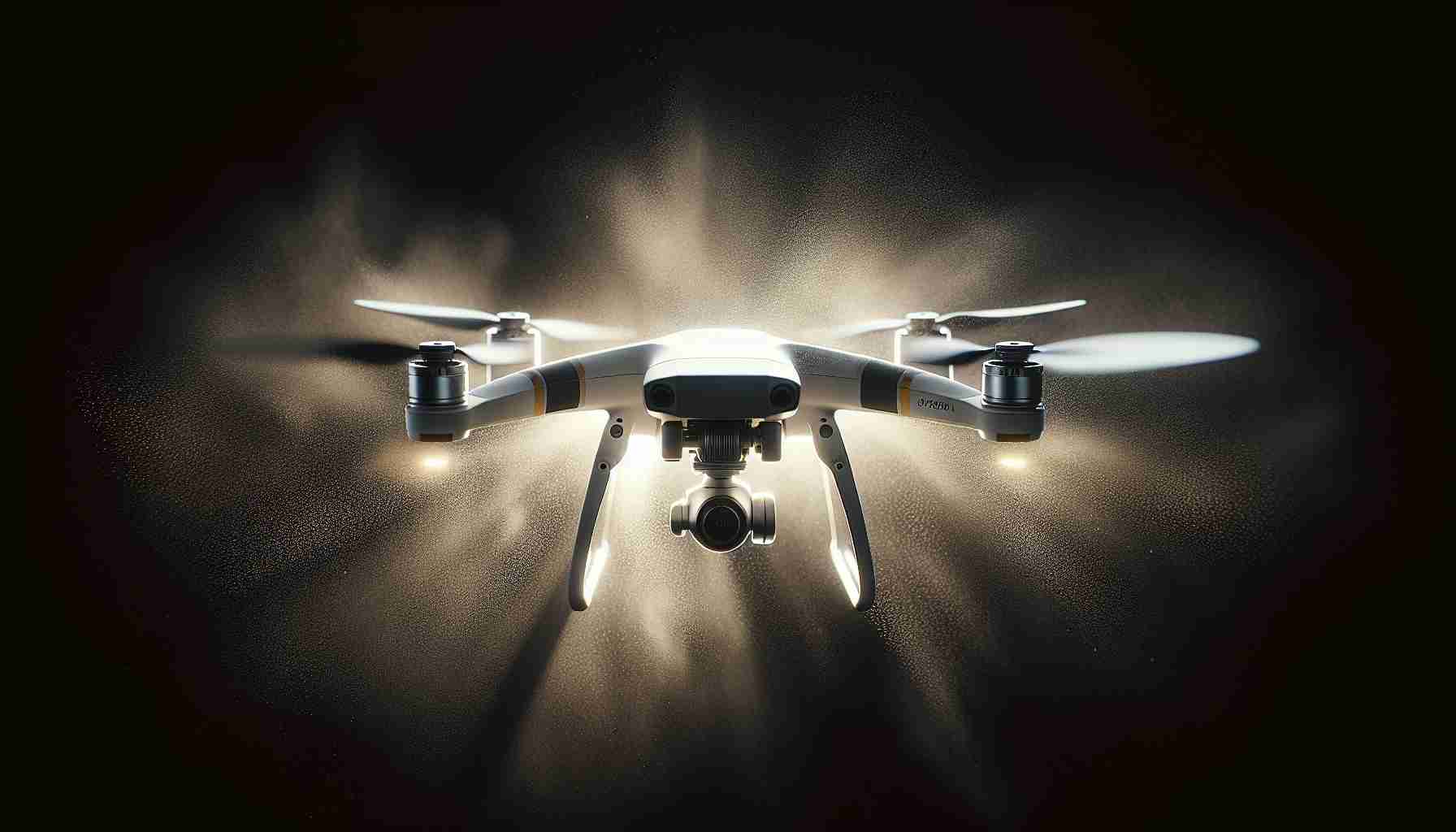The realm of artificial intelligence witnessed a groundbreaking transformation with the advent of GPT-3, a language model developed by OpenAI that set new standards in Natural Language Processing (NLP). GPT-3, or Generative Pre-trained Transformer 3, is renowned for its unprecedented ability to understand and generate human-like text, marking a significant leap from its predecessor, GPT-2.
At its core, GPT-3 is powered by 175 billion parameters, which are extensively trained on diverse datasets to ensure a comprehensive grasp of different linguistic nuances. This intricate architecture enables GPT-3 to perform various tasks, such as language translation, text summarization, and even creative writing, with remarkable fluency and coherence.
One of the most alluring aspects of GPT-3 is its versatility. It can engage in convincing dialogues, generate code snippets, simulate characters in video games, and assist in educational tutoring. Such capabilities underscore its powerful implications across multiple industries, including technology, healthcare, and education.
However, the rise of such powerful AI models also prompts ethical considerations. Concerns over misinformation, bias, and the potential displacement of human jobs necessitate robust discussions and policies.
Despite these challenges, GPT-3 remains a testament to the progress in AI, showcasing the potential horizons of machine learning and its role in shaping our future interactions with technology. As we continue to harness and refine these capabilities, understanding the intrinsic working of models like GPT-3 becomes imperative, not just for tech enthusiasts but for societies worldwide.
How GPT-3’s Capabilities Are Quietly Reshaping the Global Workforce
The leap in AI technology brought by GPT-3 is influencing more than just industries; it’s subtly transforming the dynamics of our daily lives and economies worldwide. As artificial intelligence systems like GPT-3 become more prevalent, they are starting to fill roles traditionally held by humans, such as content creation and customer service. This shift raises the question: will AI replace human jobs entirely?
While the potential for AI to displace certain types of jobs invokes concerns, its integration also opens up new opportunities. For instance, AI-driven tools can handle repetitive tasks with ease, allowing businesses to allocate human resources to more strategic, creativity-driven roles. This evolution could lead to enhanced job satisfaction and productivity, as employees focus on tasks that require emotional intelligence, critical thinking, and problem-solving skills—areas where AI still falls short.
Another fascinating aspect is GPT-3’s influence in non-Western countries, which often face unique challenges in technological adoption. How will societies with distinct cultural and linguistic backgrounds navigate the integration of a predominantly English-trained AI model like GPT-3? The adaptation of this technology can lead to a rethinking of language preservation and cultural representation in AI.
Ethical concerns remain, particularly when it comes to data privacy and AI’s decision-making processes. As regulatory frameworks catch up, could countries like the EU establish standards that balance innovation with protection, influencing global AI governance?
For those interested in exploring more about technological advancements and AI, visit OpenAI.






















